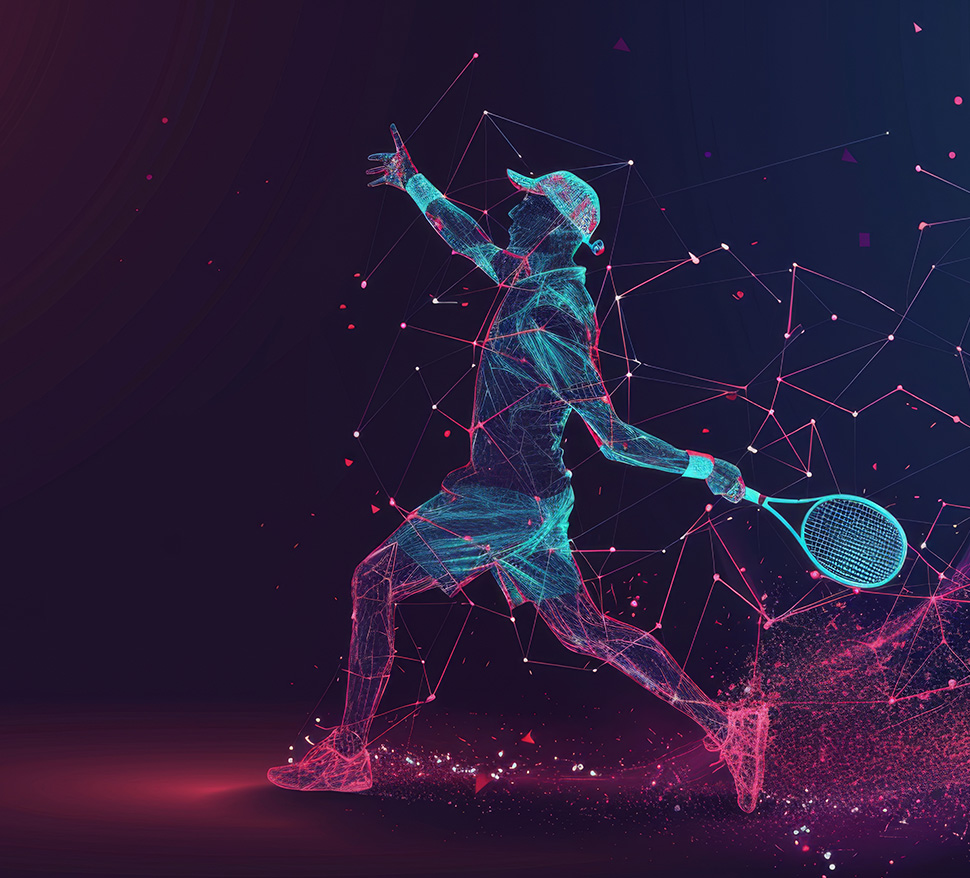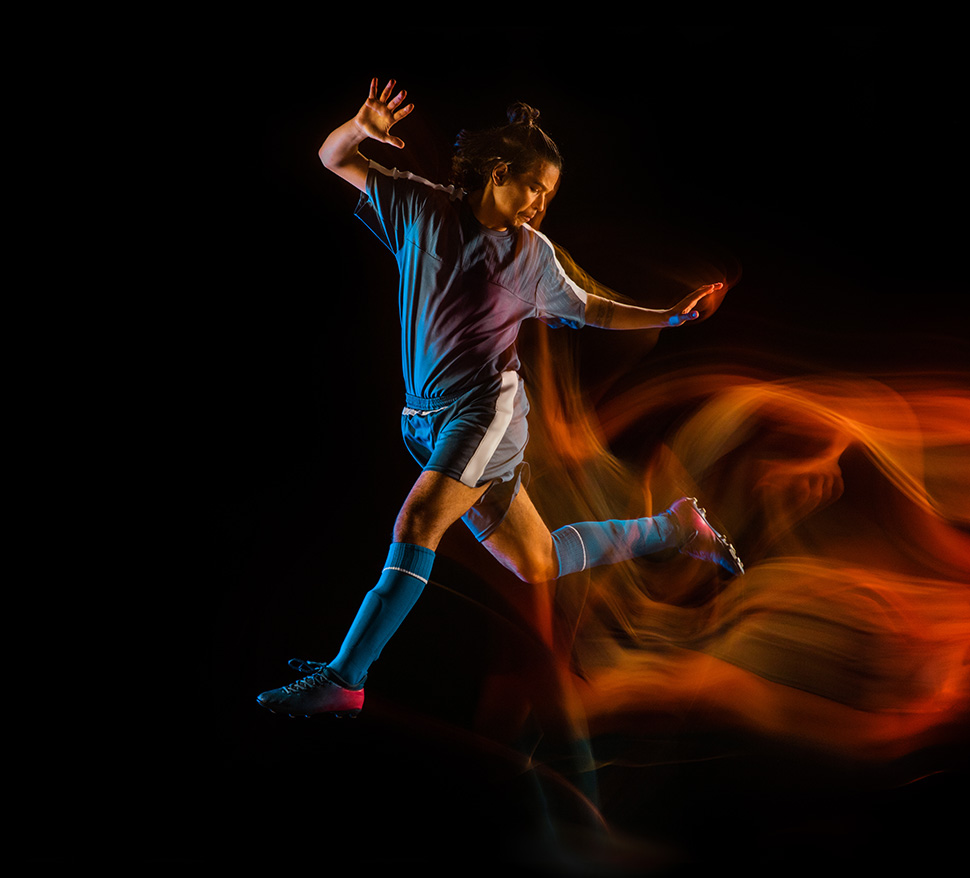Classroom to Field: Experiential Learning in Sports Science
The title of the blog explores the transition from theoretical knowledge to practical application in sports science education. This particular approach demonstrates hands-on experiences which allow students to engage in real-world scenarios such as internships, fieldwork and lab research at the same time during the course. By combining all the classroom learning with practical field experiences, students get a deeper understanding of sports science concepts and techniques altogether which is the biggest advantage of experimental learning.This method is followed by a lot of renowned institutes like DYPU and others which eventually enhances critical thinking, problem-solving and decision-making skills of an individual while preparing students for careers in sports medicine, coaching, fitness training and athletic performance analysis more effectively.
The blend of academic and experiential learning contribute to make the students become well-rounded, industry-ready professionals in sports science. This blog will give you an entire roadmap to follow for getting a better experience in a Sports Science career along with detailed information about DYPU’s contribution to experimental learning in Sports Science.
-
Importance of Experiential Learning in Sports Science
Considering the fact that you are reading this blog to know more about the significance of the experimental learning in Sports Science, so let’s start with the advantages of experiential learning with the same context in detail:
- Enhanced Practical Skills
Experiential learning allows students to apply theoretical knowledge in real-world situations, for instance internships, lab work and field studies. This hands-on experience helps them in enhancing crucial practical skills while preparing them to be proficient in techniques and methodologies as well which are used in sports science, therefore improving their readiness for all kinds of professional roles.
-
Critical Thinking and Problem-Solving
Engaging in experiential learning motivates students to think critically as well as solve problems as they encounter battleground challenges in a superior analytical manner. This active learning process helps students analyze situations, make informed decisions along with the adaptation to varying conditions, which are essential skills in the dynamic field of sports science.
-
Industry Readiness
With the help of experiential learning, you as a student can develop exposure to the sports industry, building professional networks along with understanding workplace dynamics. This immersion in the ground not only boosts their confidence but also develops their employability while ensuring they are well-structured to meet the demands and expectations of all the future employers in sports medicine, coaching and as well as fitness training.

Facilities Provided by DYPU in the Experimental Learning Internships: Gaining Hands-On Experience
A key component of DYPU’s experiential learning is basically the internship program, which directs students to apply classroom knowledge in a realistic setting. By partnering with leading sports organizations, fitness centers and rehabilitation clinics all the students gain hands-on experience which is relevant to their sports science careers. Internships include various aspects of sports science. Students can work with sports physiotherapists in order to learn injury prevention and rehabilitation techniques at the same time or with athletic trainers to implement training programs that modify performance and decrease injury risk altogether. These internships not only develop practical skills but also help in building professional networks while making all the students more competitive in the job market.
-
Fieldwork: Learning Beyond the Classroom
Fieldwork is a vital part of DYPU’s experiential learning, taking students out of the classroom to observe and engage in professional sports science activities. Students may participate in field studies, analyzing athletes’ performance during live events to understand biomechanics and exercise physiology also with the help of courses like masters in sports biomechanics. By observing real-time action, they identify factors affecting performance and develop improvement strategies. Additionally, fieldwork includes community engagement projects, where students work with local sports teams or fitness groups. These projects apply their knowledge to enhance community health and performance, fostering social responsibility and professional ethics.
-
Lab Sessions: Bridging Theory and Practice
DYPU’s advanced laboratories offer an environment for in-depth exploration of sports science, bridging the gap between theory and practice. Therefore, programmes like sports nutrition courses in India direct lab sessions which involve conducting experiments, analyzing data and applying conclusions to real-world scenarios. In the exercise physiology lab, students get the opportunity to measure cardiovascular responses to all the physical activity while using developed equipment to monitor heart rate, blood pressure as well as oxygen consumption at the same time. This hands-on experience is crucial for careers in sports medicine, coaching and fitness training altogether.
- Preparing for Real-World Careers
The following institute provides you with sports psychology courses which makes DYPU’s contribution on experiential learning more in order to prepare students for a wide range of careers in various other aspects of sports science. Whether they aspire to become sports therapists, fitness trainers, sports psychologists or research scientists then the practical skills and professional networks which are mostly required they develop during the time of their internships, fieldwork and lab sessions which give them a competitive edge.
Thereafter, the university’s multiple approach to experiential learning assures that students are becoming not only knowledgeable but also adaptable along with that innovation. They can learn to think critically while solving the problems analytically along with communicating their findings in a productive manner.
Conclusion
The fact of incorporating experiential learning into the sports science curriculum at DYPU ensures that students are well-prepared to transition from the classroom to the field. Through internships, fieldwork and lab sessions, students gain practical experience, develop professional skills and build networks which are vital for their future careers.This comprehensive approach to education not only develops the career in sports science in India but also equips students with the tools needed to excel in the ever-evolving field of sports science.

